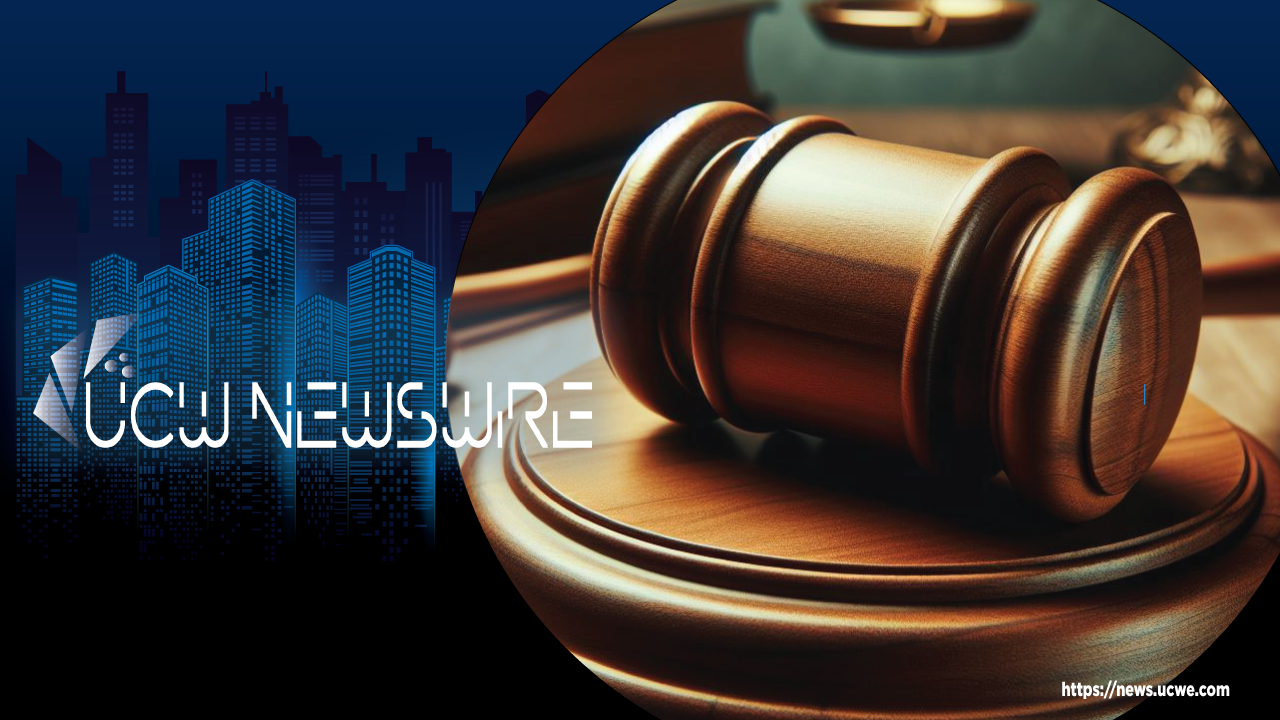House Subcommittee to Investigate SEC’s Approach to Crypto Regulation
The U.S. House Subcommittee on Digital Assets, Financial Technology, and Inclusion is set to hold a hearing on September 18, titled “Dazed and Confused: Breaking Down the SEC’s Politicized Approach

The U.S. House Subcommittee on Digital Assets, Financial Technology, and Inclusion is set to hold a hearing on September 18, titled “Dazed and Confused: Breaking Down the SEC’s Politicized Approach to Digital Assets.” This highly anticipated session will scrutinize the regulatory stance of SEC Chair Gary Gensler on cryptocurrencies and digital assets, amid growing tensions over his approach.
Among the witnesses are former SEC Commissioner Dan Gallagher and Michael Liftik, a former senior adviser and acting enforcement chief at the commission. These two former officials are expected to provide insights into the SEC’s actions under Gensler’s leadership. The subcommittee leadership has accused Gensler of enforcing policies detrimental to the digital asset ecosystem, citing inconsistencies in his application of the Howey Test—the framework used to determine whether assets are securities.
Several crypto industry leaders will also testify, including Bitwise President Teddy Fusaro and Duke University fellow Lee Reiners. Jennifer Schulp, Director of Financial Regulation Studies at the Cato Institute, will offer a critical perspective in her written testimony, stating that Gensler’s approach “effectively amounts to a ban on crypto activity within the United States.” She argued that the SEC’s unclear stance on whether Ether is a security, in contrast with the Commodity Futures Trading Commission (CFTC) deeming it a commodity, has left the second-largest cryptocurrency in regulatory limbo.
This hearing follows claims by House Republicans that the SEC has been politicizing its staff appointments, allegedly hiring based on political affiliation. These accusations further deepen the debate about whether Gensler’s tenure is beneficial for the cryptocurrency industry, which has faced over $4.7 billion in enforcement actions under his leadership as of 2024.
As the 2024 presidential election approaches, political pressure is mounting on Gensler, whose term runs through 2026. Notably, former President Donald Trump has vowed to fire Gensler if reelected, while several Democratic donors are pushing Vice President Kamala Harris to do the same, should she take office.
Over the past three years, the U.S. Securities and Exchange Commission (SEC) has intensified its crackdown on crypto firms, focusing on alleged violations of securities laws. This campaign has targeted a broad spectrum of the industry, from individual tokens to major exchanges, reflecting a dramatic increase in enforcement actions.
Key cases include:
- Binance: The SEC accused Binance, one of the largest crypto exchanges, of multiple violations, including misleading investors about non-existent trading controls and allowing U.S. customers to trade on its platform despite regulatory prohibitions. The case also involved allegations of commingling customer assets.
- Coinbase: The SEC charged Coinbase with operating as an unregistered national securities exchange, broker, and clearing agency. The case also focused on its staking-as-a-service program, which the SEC claims should have been registered as a securities offering.
- Ethereum Foundation: In a lesser-known, ongoing investigation, the SEC is reportedly scrutinizing Ethereum and its Ethereum 2.0 upgrade to determine whether ETH qualifies as a security. While no formal charges have been filed, the investigation has sparked a lawsuit aimed at clarifying ETH’s legal status.
- Ripple Labs: The SEC has been locked in a high-profile legal battle with Ripple Labs over the classification of its XRP token. The SEC alleges that Ripple violated federal securities laws by selling XRP as an unregistered security. However, a key ruling in 2023 found that Ripple did not violate laws in selling XRP on public exchanges, marking a significant, albeit partial, victory for the crypto industry.
- Robinhood Crypto: The SEC has issued a Wells Notice to Robinhood, signaling impending charges related to its cryptocurrency listings and custody practices. This action followed Robinhood’s decision to delist several tokens, including Cardano (ADA) and Solana (SOL), which the SEC had previously deemed securities in separate lawsuits.
The SEC’s focus has broadened beyond just tokens to platforms and practices, leveraging the Howey Test to determine whether crypto assets should be considered securities. This hearing could play a pivotal role in shaping the future of U.S. cryptocurrency regulation, especially as calls for clearer, consistent guidelines grow louder from industry stakeholders and political figures alike.
Terry Jones
Digital Assets Desk

